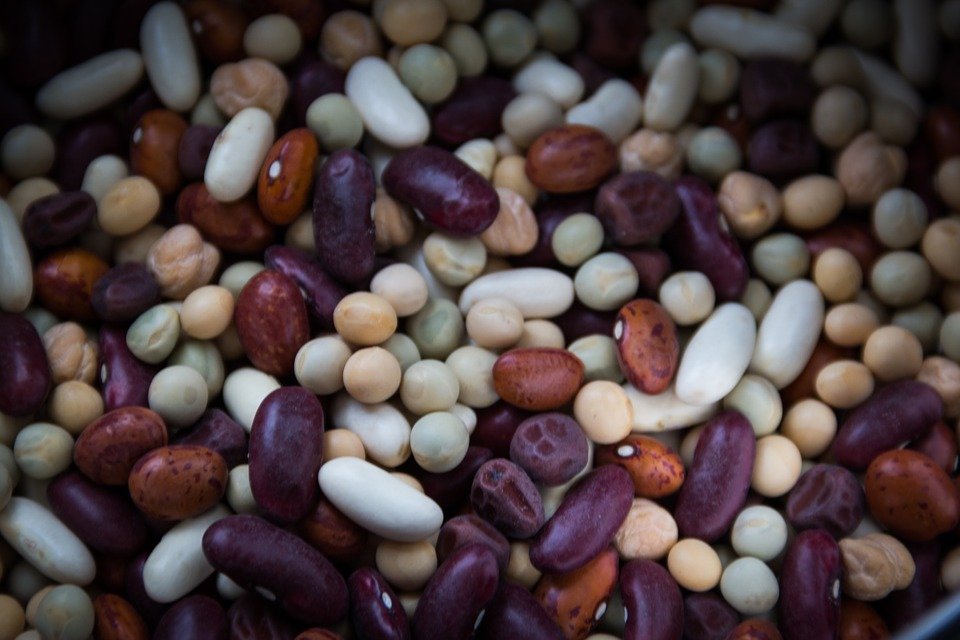
Get Enough Protein Without Meat
Vegetable protein, or any kind of protein, is used by the body for enzymes, structural tissue, hormones, and transplant molecules. Protein wears out at a slow but steady rate and must be replaced. Food is the source proteins in our body. After being digested, proteins provide a new supply of amino acids from which the body continuously rebuilds itself. While meats protein helps to build muscle, repair tissue, provide energy and balance mood, it is by no means necessary. Vegetarian diets are equally good and appropriate sources of proteins and vitamins for people of all age groups, including pregnant women, infants and athletes. There are many benefits to eating a well-balanced vegetarian diet. Well-planned vegetarian diets are appropriate for individuals during all stages of the life cycle, including pregnancy, lactation, infancy, childhood, and adolescence, and for athletes. People can reduce their carbon footprints by cutting back on meat. In 2014, Scarborough et al. estimated an average dietary greenhouse-gas emissions per day (in kilograms of carbon dioxide equivalent) were: 7.19 for high meat-eaters, 5.63 for medium meat-eaters, 4.67 for low meat-eaters, 3.91 for fish-eaters, 3.81 for vegetarians, 2.89 for vegans
There are many benefits to eating a well-balanced vegetarian diet including cost savings, loads of fiber (which aids in digestion), less saturated fat (good for the heart), and a wider variety of vitamins and minerals proven to reduce diabetes, cancer and heart disease.
The following non-meat foods contain plenty of protein like meat:
- Nuts and seeds (4-10 grams per 1 ounce serving): walnuts, cashews, pumpkin seeds, pistachios, sunflower seeds, almond butter, hemp, chia and flax seeds.
- Beans and legumes (7-10 grams per half-cup): black beans, white beans, lentils, chickpeas, hummus and green peas.
- Grains (5-8 grams per cup): quinoa, brown rice, oats, millet and barley.
- Soy (9-16 grams per cup): tofu, edamame and tempeh.
- Fruits and veggies such as avocado (4 grams per cup), dark leafy greens (about 5 grams per cup) and broccoli (4 grams per cup).
- Dairy (milk, yogurt, cheese) and eggs provide 6-9 grams of protein per serving.
According to the Institute of Medicine, we should consume 10% – 35 % of our daily calories from protein which can be easily achieved with the non-meat foods listed above.
Daily requirement of protein: Babies: 10 grams, School-age kids: 19-34 grams, Teenage boys: 52 grams, Teenage girls: 46 grams, Adult men: 56 grams, Adult women: 46 grams

About Post Author